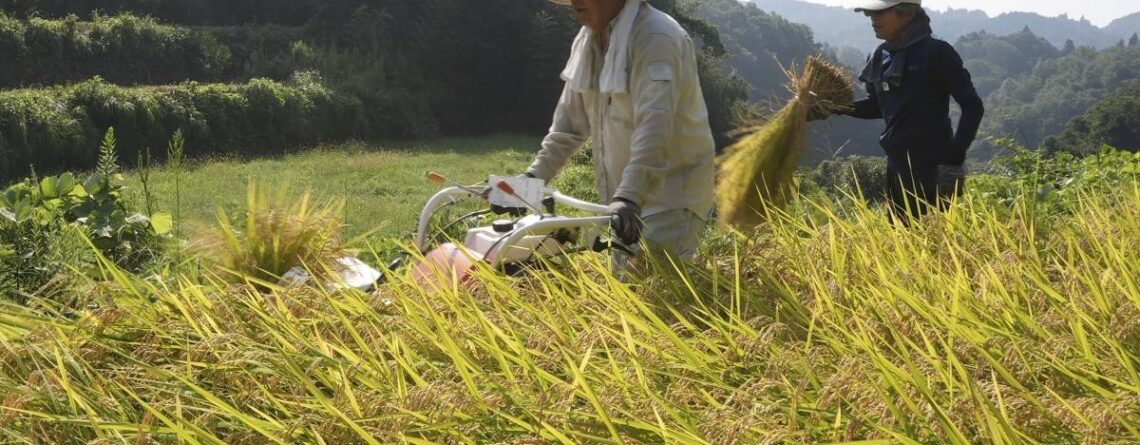The problem of aging is intensifying in Korean rural areas. In particular, in the case of rice farme.
The problem of aging is intensifying in Korean rural areas. In particular, in the case of rice farmers, more than 70% of elderly farmers aged 65 or older were found.
According to the “Rice Consumption Trend Analysis” published by the National Agricultural Cooperative Federation on the 21st, the proportion of farmers aged 65 or older in rice farms last year was 71.1%. Specifically, 54% are in their 70s and older, and 84% are in their 60s and older. This is the first time in a decade that the aging population has soared by more than 10 percentage points, considering that 58.6% of the elderly population in rice farms in 2013.
According to the report, the higher the aging rate, the lower the output, resulting in a negative correlation. Rice production fell steadily from 2013 to 2023, down from 4.113,598 tonnes to 3.62,292 tonnes.
It is analyzed that the decrease in production is due to the fact that it is increasingly difficult for elderly farmers to maintain productivity due to physical fitness problems, and the amount of labor spent on agriculture has decreased.
In addition, the problem of manpower shortages is intensifying as the younger generation’s participation in agriculture decreases. This could lead to a decrease in rice production in the future.
With the aging population, rice consumption is continuously decreasing. From 2011 to 2023, Korea’s annual rice consumption per capita decreased by about 21% from 71.2 kg to 56.4 kg.
The report found that the decrease in consumption is in line with the trend of modern society seeking changes in food culture and convenience.
Recently, consumers tend to consume relatively less rice by preferring instant food, processed food, and various grains. In particular, it was found that the spread of processed foods based on flour, bread, and noodle products affected the reduction in rice consumption.
Read more @mk











